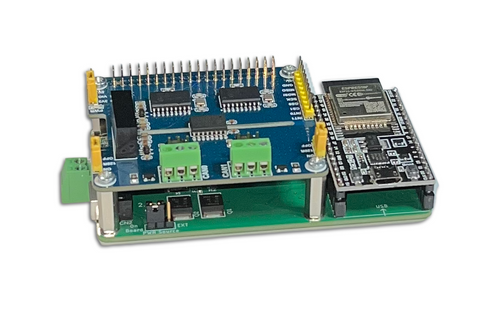Recent Posts
Discover IoT Development with ESP32 to Create Production-Grade Smart Devices
Posted by on
The ESP32 is a low-cost, low-power SoC (System on Chip) microcontroller with integrated WiFi and dual-mode Bluetooth. It has shipped over 100 million units as of 2018 and powers many WiFi devices on the market. This book supplies end-to-end coverage of building an IoT system from the ground up to secure data communication techniques from sensors to cloud platforms that will enable you to develop production-grade IoT solutions using the ESP32 SoC.
Starting with the fundamentals of IoT combined with real-world use cases, this book will take you through every aspect of building an IoT device using the ESP32 from scratch. With every chapter, you will learn to grow your IoT applications with features like sensor communication integrating popular IoT libraries such as Little FS, LVGL, and more. In addition, the chapters describe connectivity via WiFi/BLE, security features, cloud connectivity, and real-time data visualization techniques using Grafana.
Furthermore, a complete section covers AI/ML for embedded systems. You will discover how to build and run ML applications using TInyML and ESP32-S3 to create state-of-the-art embedded products.
The book utilizes a hands-on technique to have you start building IoT solutions right from the start. An end-to-end IoT solution in the form of a Smart Home resides towards the end of the book, where you involve all the techniques learned throughout the book in real time.
espBerry - ESP32 Development Board with Dual Isolated CAN Bus HAT
The espBerry DevBoard combines the ESP32-DevKitC development board with any Raspberry Pi HAT by connecting to the onboard RPi-compatible 40-pin GPIO header.
The Dual Channel CAN Bus expansion HAT, designed for the Raspberry Pi, supports the full CAN2.0 Standard, and it features multi onboard protection circuits, high anti-interference capability, and reliable operation. As a result, it suits applications such as automotive devices or industrial automation.
The HAT is well documented, and there are multiple code samples using the C programming language under the Arduino IDE. Read more...
 Loading... Please wait...
Loading... Please wait...


